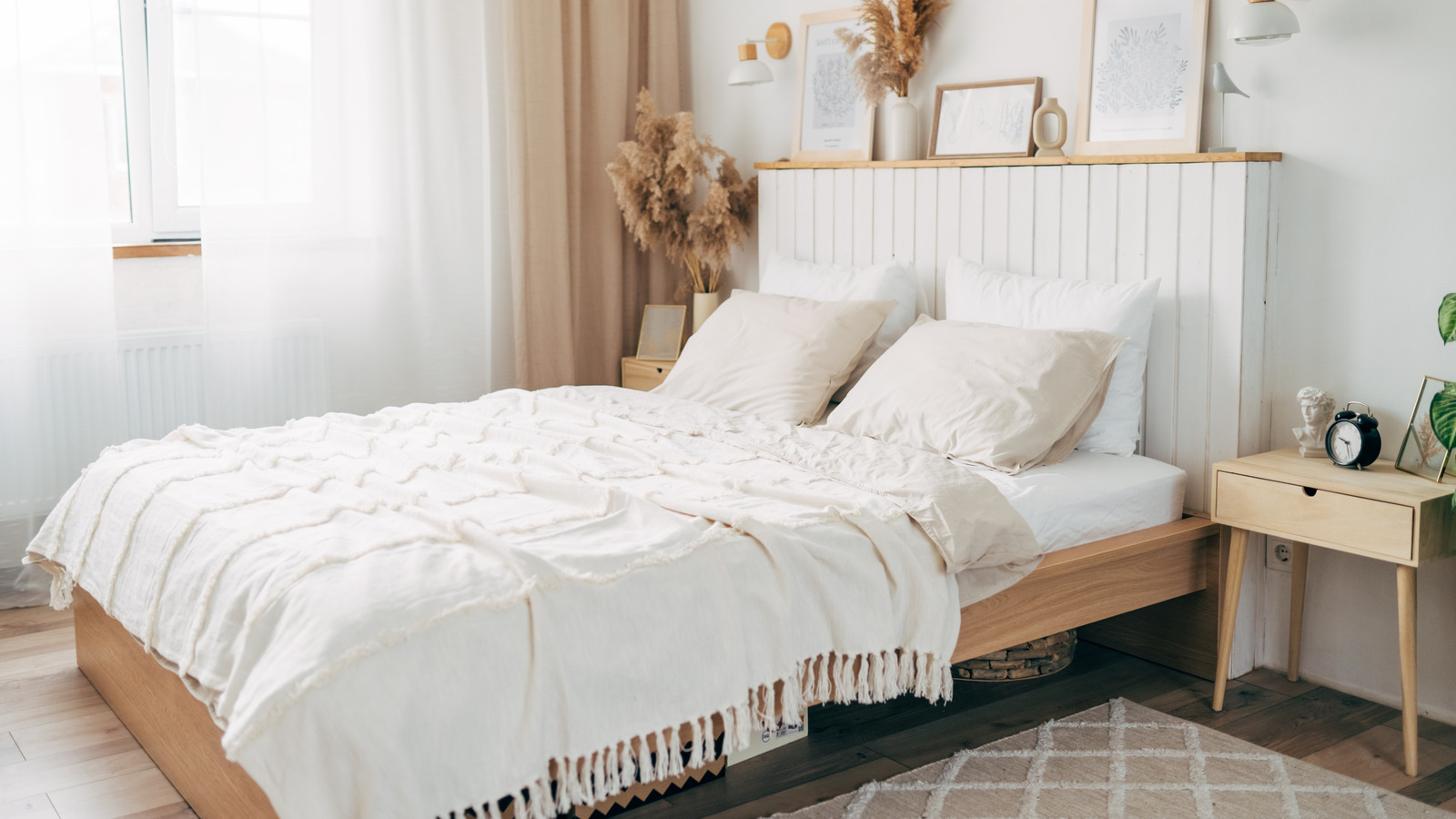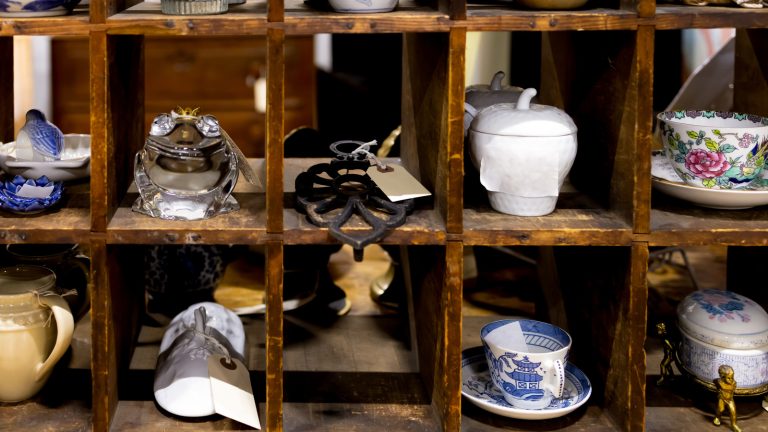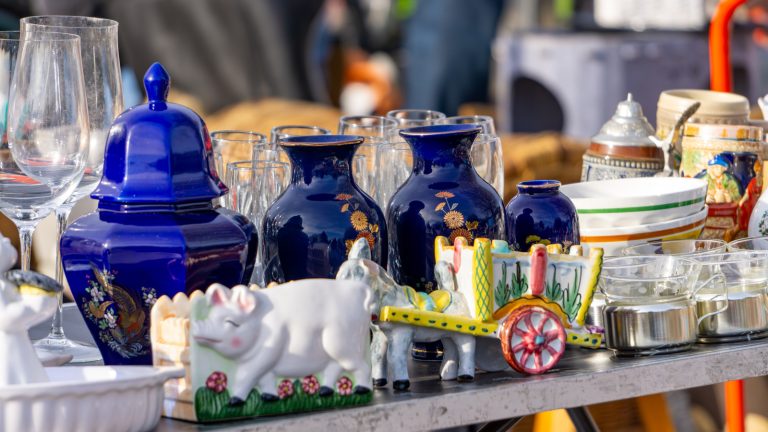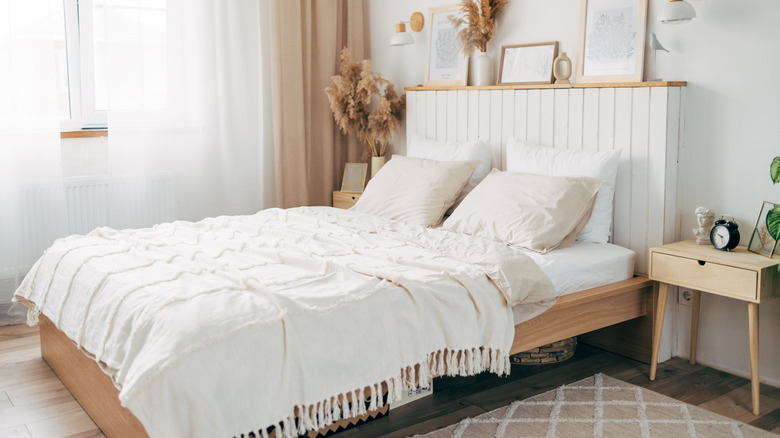
When considering what you need to know before purchasing bedsheets, you might assume that material and thread count are the only factors that matter. However, that’s not entirely accurate. While both cotton and percale sheets are crafted from cotton material, they differ significantly in feel and wear. The distinction lies in the weave. Cotton sheets can have various weave types, such as twill or sateen, but percale is unique for its crisp, airy feel achieved through a one under, one over weave pattern. Other weaves like sateen adopt a one under, four over approach, which results in floats that give the sheets a softer, shinier look and a warmer feel.
So, why do people opt for percale? It’s renowned for its durability and breathability, making it a choice that keeps you cool and stands up well over time. It’s also an excellent option for those seeking organic material, have sensitive skin, or need a hypoallergenic choice. Some individuals simply prefer cotton sheets but find other weaves too heat-trapping, so percale allows them to stay cooler while enjoying the benefits of cotton.
Tips to select the percale with the most perks
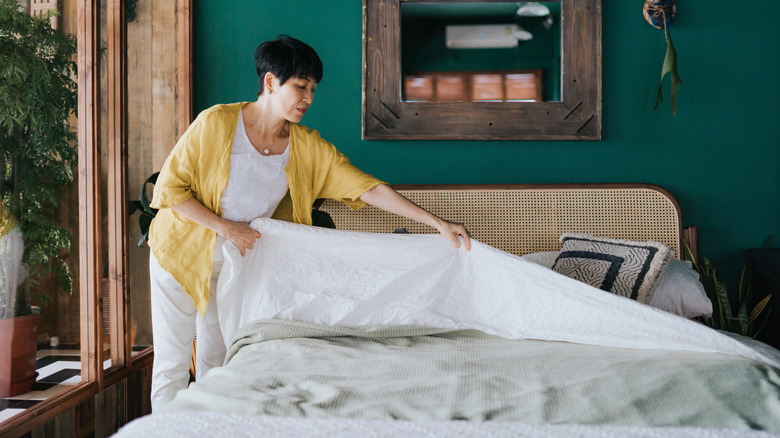
When selecting your percale sheets, it’s not as straightforward as choosing a product labeled “percale” and proceeding to checkout. Since the weave remains consistent, the quality of your sheets largely depends on the quality of the cotton used. Most notably, there is a distinction between organic and non-organic cotton based on cultivation methods, but you should also look for extra-long staple cotton. The staple length refers to the length of the cotton fibers. The longer the staple, the softer and more durable the sheets will be.
Regarding the quality of the cotton itself, not all cotton sheets are created equal. There are specific types of cotton to consider. Supima and Pima cotton are both long staple cottons, regarded as high-quality, making them among the most soft, luxurious, and sought-after percale materials. The primary difference is that Supima is a brand of Pima cotton grown exclusively in America. Egyptian cotton is also recognized for its high quality, long fibers, and durability. If you choose Egyptian cotton, ensure it’s certified, as some brands claim to offer Egyptian cotton that is not authentic.
Why percale may not be the perfect choice
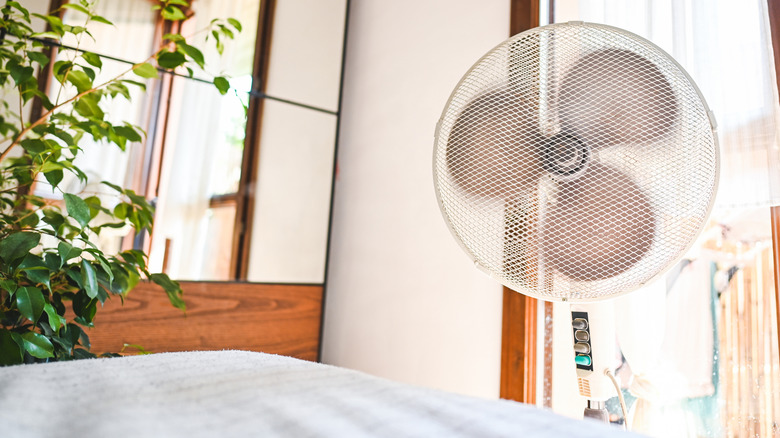
While percale is celebrated for being light and breezy, it lacks the moisture-wicking properties found in some other materials, like bamboo. So, if you’re not just a hot sleeper but also a sweaty one, percale may help you stay cooler but might not suffice to keep you dry, as cotton is known for retaining moisture.
Conversely, if you tend to feel cold at night, percale may not be the ideal choice. Besides layering your bedding to stay warm during winter, your sheets play a crucial role in regulating your temperature. Due to its looser weave, percale is less effective at retaining heat compared to other options, so it may not keep you warm if temperatures drop at night. Additionally, it doesn’t feel as soft as some other cotton varieties and might feel stiff or scratchy at first if you’re accustomed to a brushed weave and/or higher thread count.


